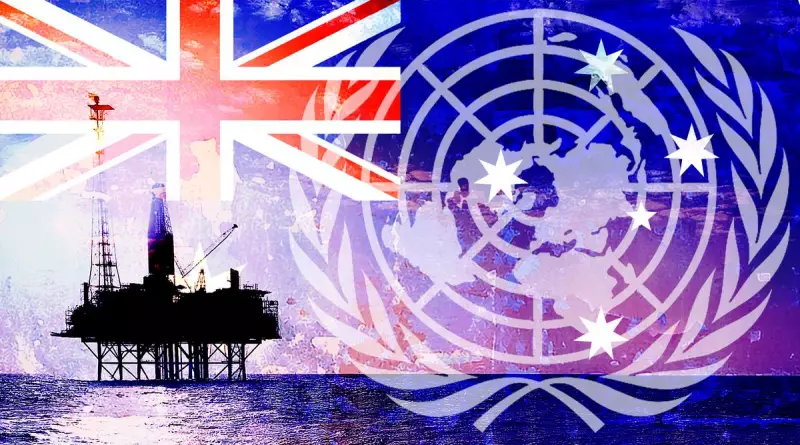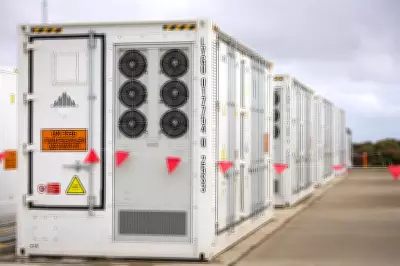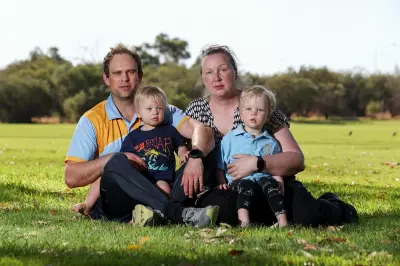
Australia has firmly rejected what it describes as unwelcome interference from a United Nations committee regarding the future of Western Australia's crucial North West Shelf gas project. The strong response comes after the UN Committee on the Elimination of Racial Discrimination raised concerns about the project's environmental impact and its effects on Indigenous communities.
UN Committee Oversteps Its Mandate
Senator Slade Brockman, representing Western Australia, has taken a definitive stance against what he views as inappropriate meddling by an international body in Australia's domestic affairs. The UN committee had specifically questioned whether proper environmental impact assessments had been conducted for the massive gas project and raised issues about potential effects on Aboriginal and Torres Strait Islander peoples.
The committee's intervention came through a formal request for information from the Australian government, demanding details about how the project aligns with the nation's climate commitments and environmental protection standards. This move has been interpreted by Australian officials as crossing boundaries that should respect national sovereignty.
Australia's Strong Environmental Record Defended
Senator Brockman vigorously defended Australia's environmental credentials, pointing to the nation's substantial investments in renewable energy and climate action initiatives. "Australia takes its environmental responsibilities seriously," the Senator emphasized, noting that the country has well-established regulatory frameworks to manage major industrial projects.
The North West Shelf project represents one of Australia's most significant energy infrastructure assets, operating for decades as a cornerstone of the nation's liquefied natural gas export industry. Located off the coast of Western Australia, the facility has been a major contributor to both state and national economies while supplying energy to trading partners across Asia.
Senator Brockman highlighted that Australia has demonstrated its commitment to environmental stewardship through concrete actions rather than just rhetoric. The country continues to balance economic development with environmental protection, recognizing the importance of both for national prosperity.
Broader Implications for National Sovereignty
This confrontation with UN authorities touches on fundamental questions about national sovereignty and the appropriate limits of international oversight. The Australian government's firm response signals its position that while international cooperation is valued, external bodies should not override domestic decision-making processes.
The situation reflects growing global tensions between national governments and international organizations regarding environmental governance and Indigenous rights. As climate concerns intensify worldwide, similar conflicts may emerge in other resource-rich nations facing international scrutiny of their domestic energy policies.
For Western Australia specifically, the North West Shelf project remains critical to the state's economic landscape, supporting thousands of jobs and generating substantial revenue. The project's continuation and expansion plans are seen as vital for maintaining Australia's position as a reliable energy supplier to international markets.
As this diplomatic exchange unfolds, it underscores the complex balancing act facing resource-dependent nations like Australia. They must navigate increasing international environmental expectations while protecting their economic interests and maintaining sovereignty over domestic resource management decisions.





